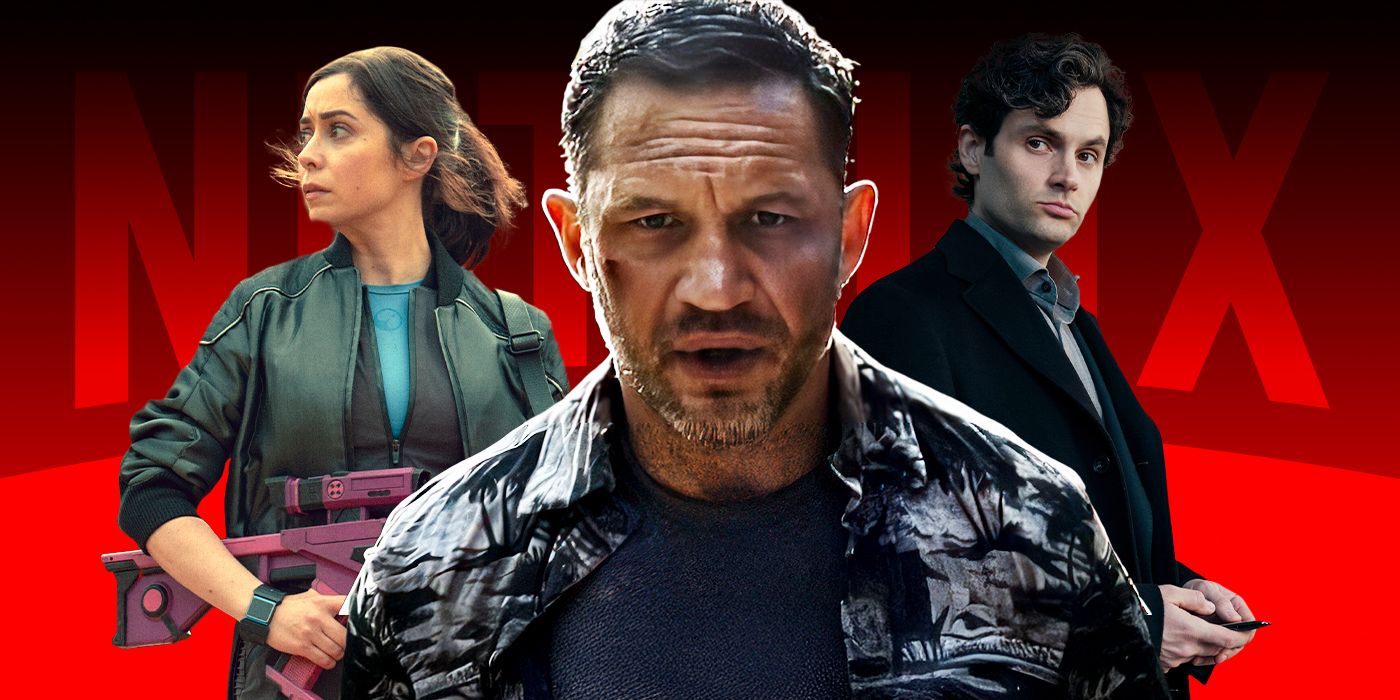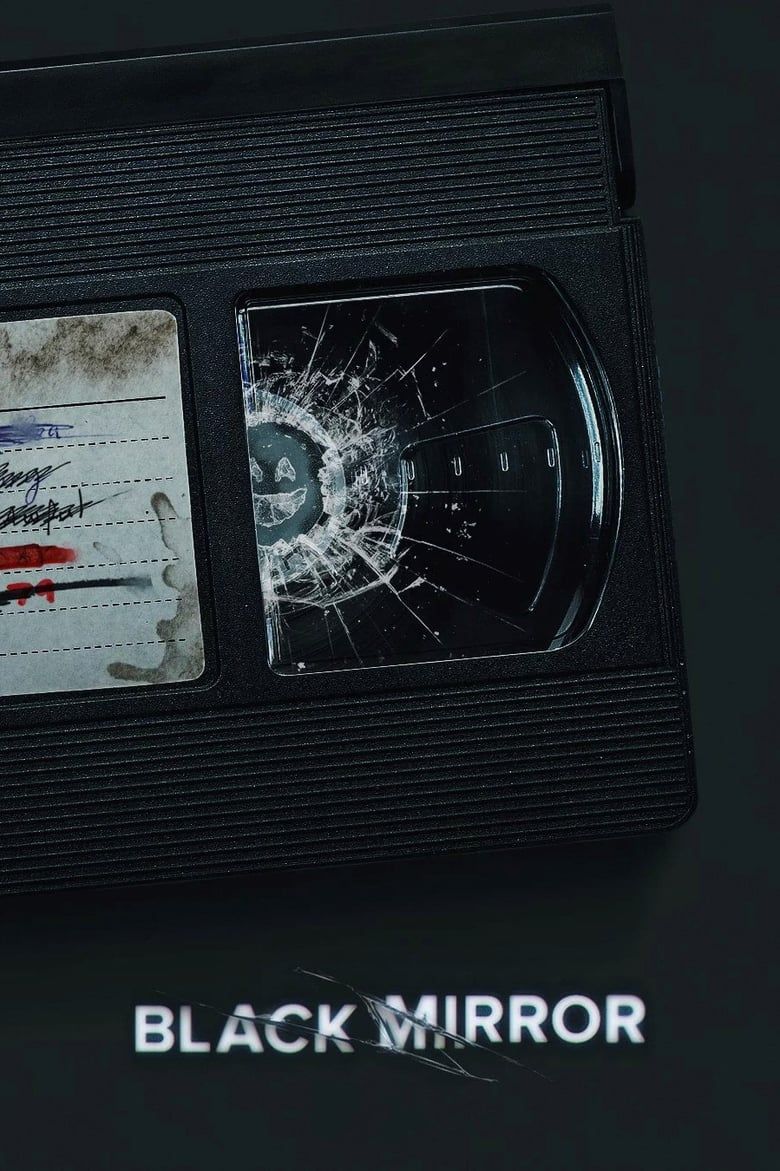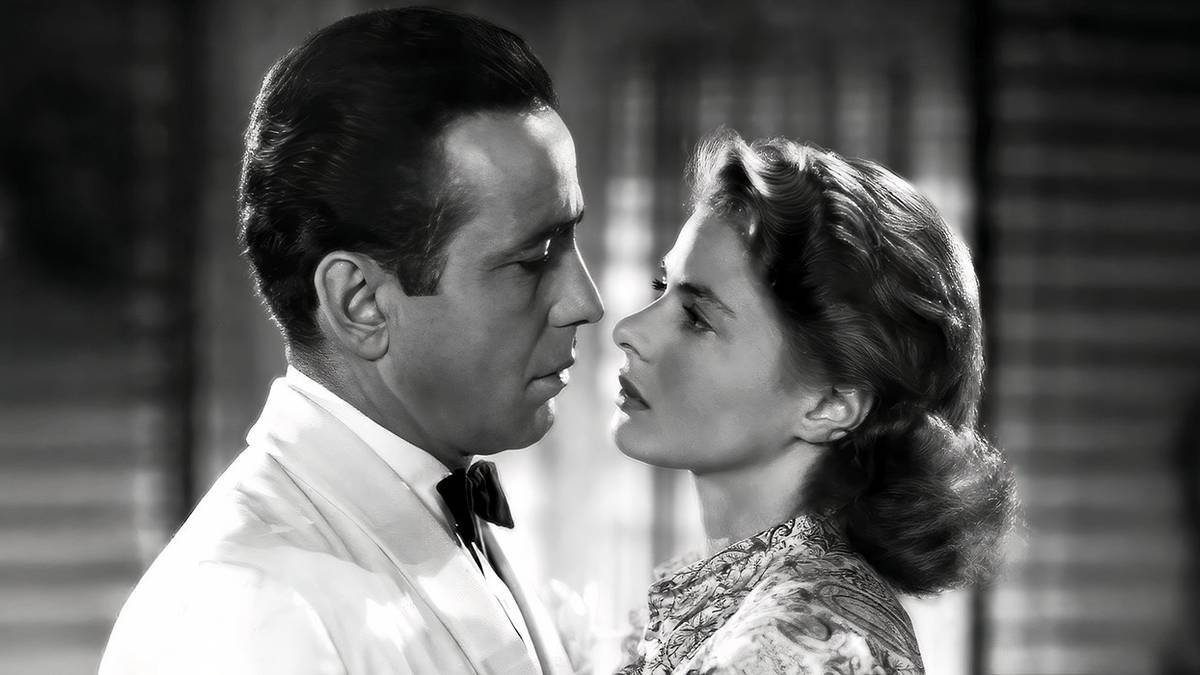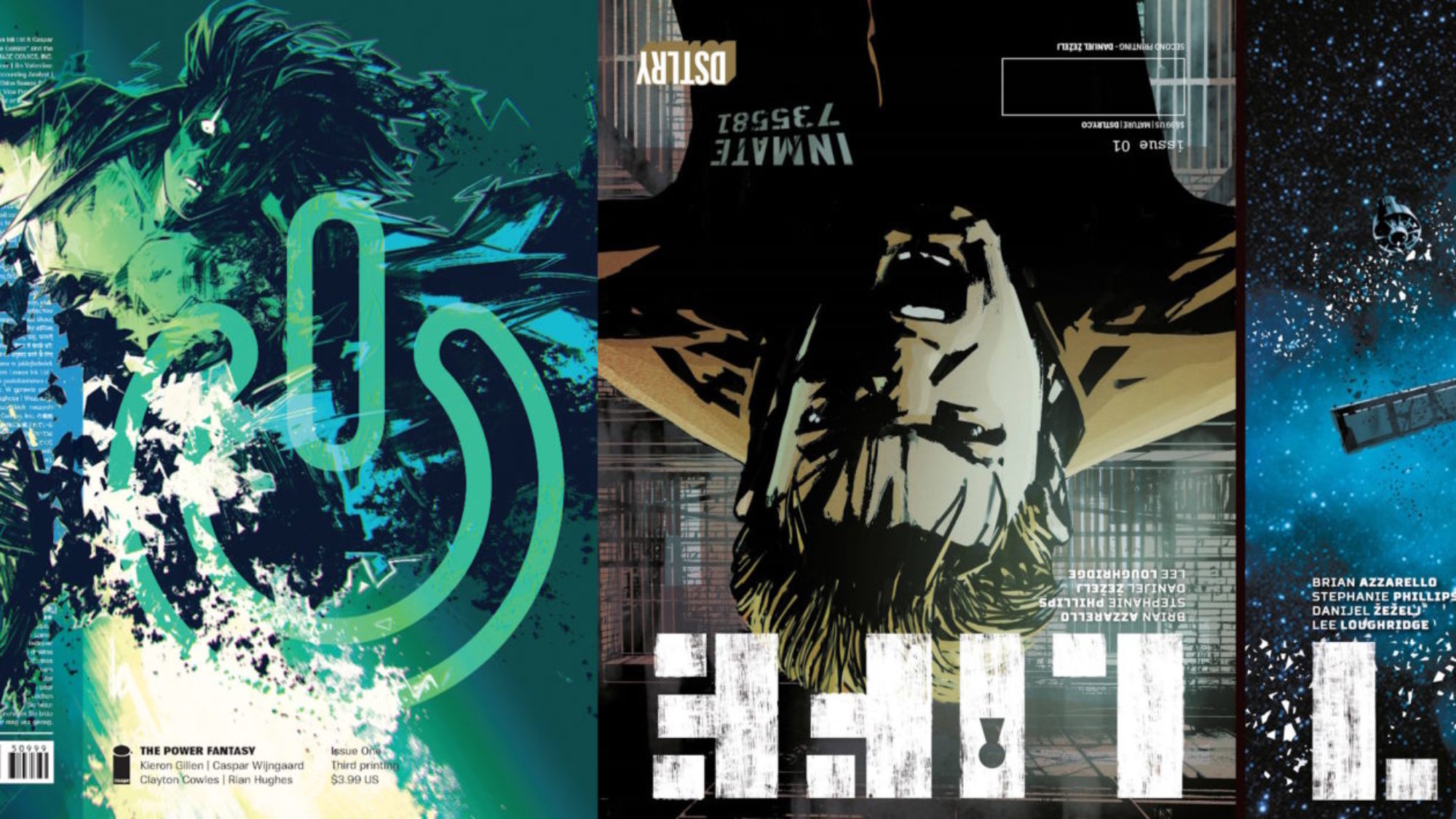After six seasons (with a seventh premiering by the time you’re reading this review), Charlie Brooker‘s Black Mirror could never be accused of doing the same thing twice. Even after making the jump over to Netflix for its third installment of episodes — which some viewers have argued led to a distinct dip in quality — the sci-fi anthology series has never run out of topics to tackle, and why would it? As technology has evolved, and society along with it (sometimes for the better, often for the worse), there’s no shortage of commentary to offer on humanity and how we choose to engage with each other through a digital screen. Some episodes have left an indelible impression on viewers’ memories (where were you when you first saw “The National Anthem,” or “White Bear,” or “San Junipero”?), while others stand out more for the performances at their center rather than the story itself.
Even though most of Black Mirror to date has lived within the sci-fi genre — albeit with varying degrees of dystopia — Season 6 represented a notable departure in not only exploring beyond technology as an easy target but also redefining what many of us have come to expect from a Black Mirror episode. Brooker’s choice to be more experimental with his own format may have resulted in a slightly more mixed reception, but it did represent a thrilling turn for the long-running series through its willingness to reinvent itself. It may also, in part, be the reason why Season 7 essentially goes back to basics, delivering what some would consider more traditional Black Mirror episodes — but the show’s latest collection of stories is also, on the whole, a more hopeful chapter compared to some of its predecessors. That’s not to say there are no downers to be found, but there are more instances of emotional poignancy, moving romance, and optimism than you might think.
What Is ‘Black Mirror’ Season 7 About?
While previous seasons of Black Mirror have adopted a more cynical approach to our relationship with devices, Season 7 chooses a different path, using technology not as a means of detachment but as a way of forging deeper connections. That’s no better emphasized through episodes like “Hotel Reverie,” written by Brooker and directed by Haolu Wang, which follows an actress named Brandy Sunday (Issa Rae) who’s looking for her next big role — and finds it in an AI-generated remake of a classic Hollywood film. As far as Brandy knows, she’s the only person in this artificially-created world who knows what’s really going on; everyone else is a character replicated from the original movie, and all she has to do is follow the story down to the exact right dialogue. When Brandy inadvertently goes off-script, however, she draws the attention of the film’s heroine, Clara, played by Emma Corrin, whose interest in her begins to transcend the more straightforward roles they’re intended to play.
That same bittersweet throughline also persists through the episode “Eulogy,” starring Paul Giamatti, written by Brooker and Ella Road and directed by Chris Barrett & Luke Taylor, which follows a man who unexpectedly learns of an old flame’s passing and must revisit his memories of her at the behest of her daughter, who’s trying to organize her memorial. Of course, he does so in the most Black Mirror way possible, but digging up the past can have unforeseen — and painful — consequences. Compared to those episodes, others like “Bête Noire” and “Common People” embrace the show’s more familiar elements of black comedy and increasing bleakness, but don’t diminish the impact of Season 7’s most emotional moments.

Related
All the Biggest Shows and Movies Hitting Netflix in April — From New Seasons of ‘Black Mirror’ and ‘You’ to a Tom Hardy Action Banger
Hey, ‘You.’
Two Black Mirror installments this season could be considered sequels to previous episodes. The follow-up to “USS Callister,” subtitled “Into Infinity,” is arguably a feature-length story that continues the story of the wayward titular ship, captained by Nanette Cole (Cristin Milioti), now that its crew have escaped from Robert Daly’s (Jesse Plemons) Space Fleet mod and into the greater Infinity multiplayer game. Unfortunately, their gutsy move at the end of the previous episode means that they’re forced to fight for scraps — and steal in-game credits — from real players who aren’t facing the same life-and-death stakes, especially since they can always respawn back into fights after being fragged.
Season 7’s second sequel, however, is less obvious; it was more surprising to see Will Poulter‘s Colin Ritman, the brilliant (if slightly mad) computer programmer from the choose-your-own adventure movie Black Mirror: Bandersnatch show up in the Season 7 trailer, and his reason for reemerging in “Plaything,” written by Brooker and directed by David Slade, is too enjoyable to spoil. Yet the biggest tether between many of the episodes, and what unexpectedly ties them to even prior seasons, is the experiencer disk, the neural device that allows the characters to immerse themselves in various worlds. It’s appeared before in episodes like “Striking Vipers,” or the aforementioned “San Junipero” and “USS Callister”; in Season 7, it pops up enough times that it feels like Black Mirror embracing more interconnectivity than it ever has in the past.
‘Black Mirror’ Season 7’s Excellent Cast Anchors a Surprisingly Poignant Installment
Previous Netflix seasons of Black Mirror have certainly earned criticism for what has been deemed the show’s “Americanization” era. While it would be impossible to deny that the anthology’s cast consists of just as many American actors as it does those from across the pond, Season 7’s cast is stacked with heavy-hitters who know exactly what to bring to their respective episodes. Try to watch “Hotel Reverie” and “Eulogy” without concluding that Corrin and Giamatti are giving some of the best performances of their careers, as I did; Giamatti, in particular, has a majority of his episode all to himself, apart from key scenes later on, but traverses through his character’s recollections with the sort of emotional vulnerability that makes him — and “Eulogy” itself — impossible to look away from. It’s also never not delightful to be reunited with Milioti, Jimmi Simpson, Billy Magnussen, and the rest of the Callister’s crew as their cloned selves tread into completely unfamiliar virtual territory, with even more hilarity and action woven in to make “Into Infinity” a bigger and arguably better sequel.
Despite the fact that all episodes of Black Mirror Season 7 are being dropped simultaneously, this latest batch is best savored gradually — and not just because some of them pack a different kind of emotional punch. Racing through a binge-watch wouldn’t allow for each of these episodes to linger the way that they should, especially since this is one season that hits home for a variety of reasons. With an incredible cast, some surprisingly poignant stories, and more than one very welcome returning face, Black Mirror Season 7 successfully stands as the series’ best yet in its Netflix era.
Black Mirror Season 7 is now available to stream on Netflix.

Black Mirror
With a star-studded cast, some surprisingly poignant stories, and more than one returning face, Black Mirror Season 7 is, overall, the series’ best installment yet in its Netflix era.
- Release Date
-
December 4, 2011
- Network
-
Channel 4, Netflix
- Season 7 goes back to basics, embracing an overall sci-fi conceit.
- The season is made up of several surprisingly emotional and poignant episodes.
- Standouts among the cast include Paul Giamatti, Emma Corrin, and Cristin Milioti.
- The show feels more interconnected than ever, and not just because there’s a “USS Callister” sequel.


















